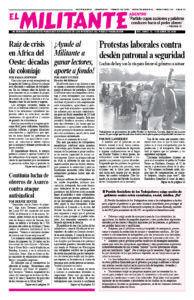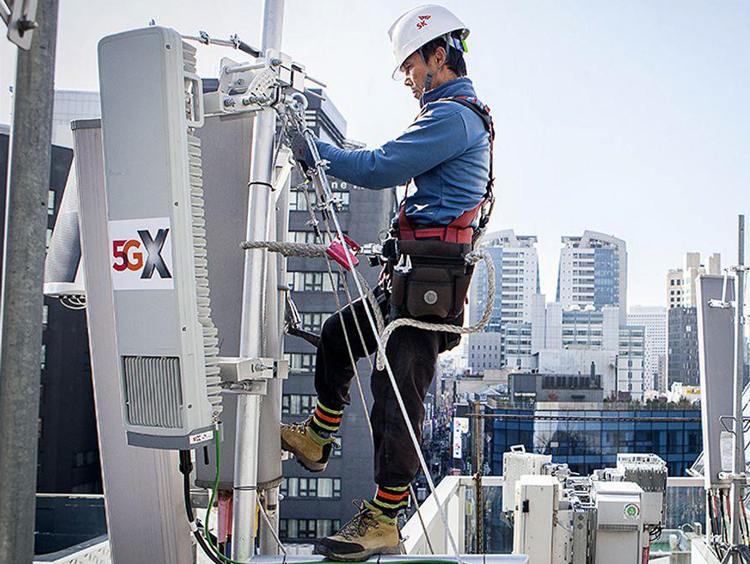LONDON — Prime Minister Boris Johnson has faced down a revolt by some Conservative Members of Parliament. They had opposed his January decision to approve involvement of the Chinese company Huawei in building the next generation of the U.K.’s 5G telecommunications network. Johnson’s opponents say the decision will make it more difficult to reach a much needed expanded trade bloc with Washington.
Owen Paterson, one of 38 Conservatives who voted against the government, accused it of having “infuriated the Americans.”
Opposition was led by senior party members, including former leader Iain Duncan Smith who, just months ago, led Boris Johnson’s leadership election bid. Their amendment to outlaw Huawei’s involvement in U.K. networks after 2022 was defeated.
The U.S. administration urged an outright ban on the company. Secretary of State Mike Pompeo rebuked the government in a January visit to the U.K. Mark Esper, U.S. defense secretary, threatened that the NATO military alliance was in jeopardy if European governments used Huawei technology in their 5G networks.
The U.S. rulers seek to maintain their position as the world’s dominant imperialist exploiter and to check the rise of Beijing. They see Huawei as a threat to this. Washington accuses the company of stealing trade secrets to “back engineer” U.S. products; industrial espionage; having links to the Chinese government’s cyber warfare programs; and of circumventing Washington’s sanctions on Iran.
Between 1998 and 2019, Huawei gained competitive advantage over its rivals through Chinese government grants, land licenses and other financial assistance worth “more than $75 billion,” 20 U.S. senators said in a letter to MPs in the U.K.
The bipartisan letter called on the House of Commons to “strongly urge the United Kingdom to revisit” the decision.
The Australian government also weighed in against London. Both the U.S. and Australian governments, members of the “Five Eyes” international intelligence and security cooperation group — along with the governments of Canada, New Zealand and the U.K. — have banned the Chinese firm.
The conflict occurs as London-Washington trade talks get underway in parallel with post-Brexit negotiations between the U.K. government and the European Union.
Washington and London have long boasted of a “special relationship,” and the U.S. market accounted for 19% of U.K.’s exports and 11% of imports in 2018. The British government seeks a stronger bloc with Washington and a reduction in U.S. tariffs, as a strategic move after the U.K.’s exit from the EU.
Johnson insists his government will do nothing to damage relations with Washington. He says that Huawei equipment is limited to just 35% of the U.K.’s 5G network. But Conservatives who led this month’s revolt are preparing for another attempt at a total ban.


